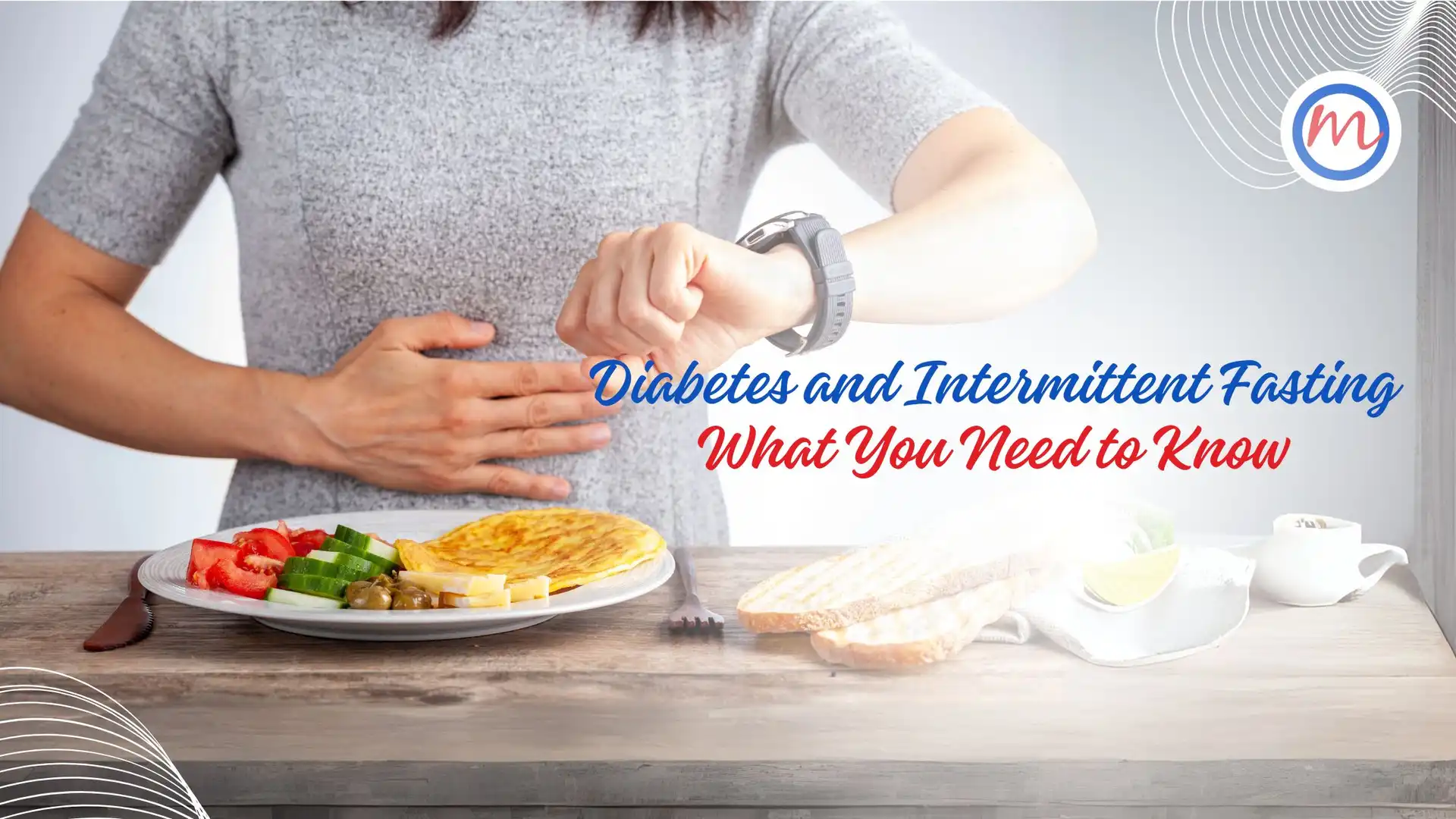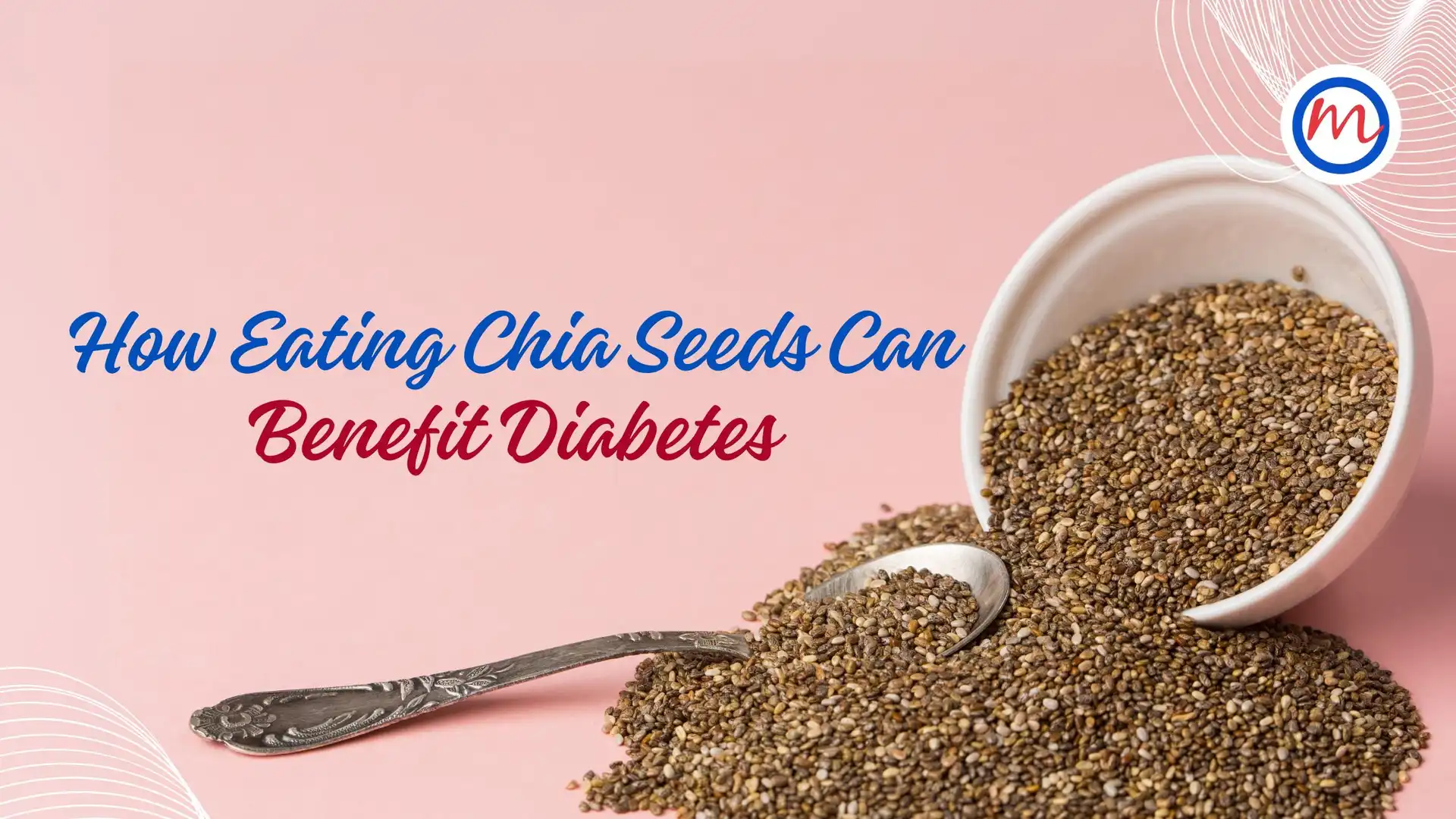Diabetes and Intermittent Fasting: What You Need to Know
Introduction
Intermittent fasting (IF) has gained significant popularity as a lifestyle approach for weight loss and metabolic health. But is it safe for individuals with diabetes? Managing blood sugar levels is crucial for people with diabetes, and any dietary changes require careful consideration. This article explores the relationship between intermittent fasting and diabetes, its potential benefits, risks, and practical tips for safe implementation.
What is Intermittent Fasting?
Intermittent fasting is an eating pattern that cycles between periods of eating and fasting. Unlike traditional diets that focus on what to eat, IF emphasizes when to eat. Popular intermittent fasting methods include:
- 16/8 Method: Fasting for 16 hours and eating within an 8-hour window.
- 5:2 Diet: Eating normally for five days a week and significantly reducing calorie intake (about 500-600 calories) on two non-consecutive days.
- OMAD (One Meal a Day): Eating all daily calories within a single meal.
- Alternate-Day Fasting: Alternating between fasting and regular eating days.
These methods aim to promote fat burning, improve metabolism, and regulate blood sugar levels. However, for people with diabetes, fasting requires careful planning and medical supervision.
Benefits of Intermittent Fasting for Diabetes
- Improved Blood Sugar Control
Intermittent fasting may help lower blood sugar levels by enhancing insulin sensitivity. Studies have shown that fasting periods allow the body to rest from continuous glucose spikes, leading to better glycaemic control.
- Weight Management
Obesity is a significant risk factor for type 2 diabetes. IF can promote weight loss by reducing overall calorie intake and encouraging fat burning. Losing excess weight can improve insulin sensitivity and decrease the need for diabetes medication.
- Reduced Insulin Resistance
Insulin resistance occurs when the body’s cells become less responsive to insulin, leading to higher blood sugar levels. Research suggests that intermittent fasting can reduce insulin resistance, making it easier for the body to utilize glucose effectively.
- Lower Inflammation
Chronic inflammation is linked to diabetes and other metabolic disorders. IF has been shown to reduce inflammatory markers, potentially lowering the risk of diabetes-related complications.
- Heart Health Benefits
People with diabetes are at a higher risk of cardiovascular diseases. Intermittent fasting can help lower blood pressure, reduce LDL cholesterol (bad cholesterol), and increase HDL cholesterol (good cholesterol), promoting overall heart health.
Risks and Considerations
While intermittent fasting offers several benefits, it is not suitable for everyone. Individuals with diabetes should be cautious of the following risks:
- Hypoglycaemia (Low Blood Sugar)
Extended fasting periods can cause blood sugar levels to drop too low, leading to dizziness, confusion, weakness, and even fainting. This is particularly risky for those taking insulin or certain diabetes medications.
- Hyperglycaemia (High Blood Sugar)
In some cases, fasting can lead to blood sugar spikes, especially if meals consumed after fasting are high in refined carbohydrates or sugars.
- Nutrient Deficiency
Skipping meals frequently may result in inadequate nutrient intake. It is essential to ensure balanced meals rich in fibre, protein, healthy fats, and essential vitamins.
- Medication Adjustments
People with diabetes on insulin or other glucose-lowering medications may need dosage adjustments while fasting. It is crucial to consult a healthcare provider before starting IF.
How to Practice Intermittent Fasting Safely with Diabetes
If you have diabetes and are interested in trying intermittent fasting, follow these guidelines to ensure safety and effectiveness:
- Consult Your Doctor
Before starting IF, discuss it with your healthcare provider to determine if it is suitable for your condition and to make necessary medication adjustments.
- Start Gradually
Instead of jumping into prolonged fasting periods, begin with shorter fasting windows, such as 12 hours, and gradually increase as your body adapts.
- Monitor Blood Sugar Levels
Regularly check your blood sugar levels during fasting and eating periods. If you experience dizziness, weakness, or extreme hunger, break the fast and consume a balanced meal.
- Stay Hydrated
Drink plenty of water, herbal teas, or black coffee (without sugar) during fasting periods to stay hydrated and support metabolism.
- Choose Nutrient-Dense Foods
When breaking your fast, opt for whole foods such as:
- Lean proteins (chicken, fish, tofu, eggs)
- High-fibre vegetables
- Healthy fats (avocados, nuts, seeds, olive oil)
- Whole grains (quinoa, brown rice, whole wheat bread)
- Avoid Processed and Sugary Foods
Processed foods and sugary snacks can cause rapid blood sugar spikes, negating the benefits of fasting. Stick to a balanced, whole-food-based diet.
- Adjust Fasting Plans as Needed
Listen to your body. If you experience extreme fatigue, mood swings, or blood sugar imbalances, modify your fasting schedule or discontinue it under medical guidance.
Who Should Avoid Intermittent Fasting?
Intermittent fasting may not be suitable for everyone, especially:
- Individuals with type 1 diabetes who are at high risk of hypoglycaemia.
- Pregnant or breastfeeding women.
- People with a history of eating disorders.
- Those taking medications that require food intake to prevent side effects.
If you fall into any of these categories, consult your doctor before considering intermittent fasting.
Conclusion
Intermittent fasting can be a beneficial tool for managing diabetes, improving insulin sensitivity, and promoting overall metabolic health. However, it is not a one-size-fits-all approach. Careful monitoring, proper meal planning, and medical supervision are essential for people with diabetes practicing intermittent fasting.
By making informed choices and adopting a balanced approach, individuals with diabetes can potentially experience the benefits of intermittent fasting while maintaining stable blood sugar levels. Always consult with a healthcare professional before making significant dietary changes, and prioritize a well-rounded diet to support long-term health.
FAQs
- Can People with diabetes do intermittent fasting safely? Yes, but it requires careful monitoring of blood sugar levels, proper meal planning, and medical supervision.
- What is the best intermittent fasting method for people with diabetes? The 12/12 or 14/10 fasting method may be safer as they provide adequate eating windows while minimizing risks of hypoglycaemia.
- Does intermittent fasting cure diabetes? While it may help manage blood sugar levels and improve insulin sensitivity, it is not a cure for diabetes.
- What should people with diabetes eat after fasting? Opt for nutrient-dense foods like lean proteins, high-fibre vegetables, healthy fats, and whole grains to maintain stable blood sugar levels.
By integrating smart eating habits with safe intermittent fasting practices, people with diabetes can potentially enhance their health and well-being.



